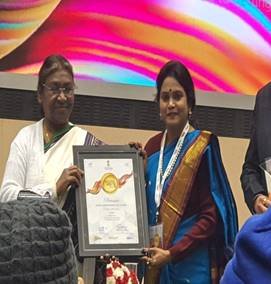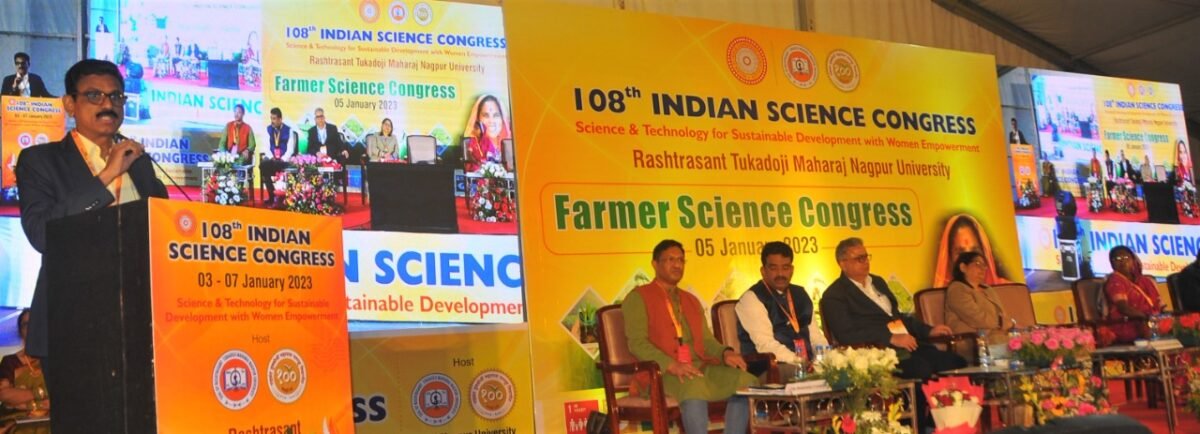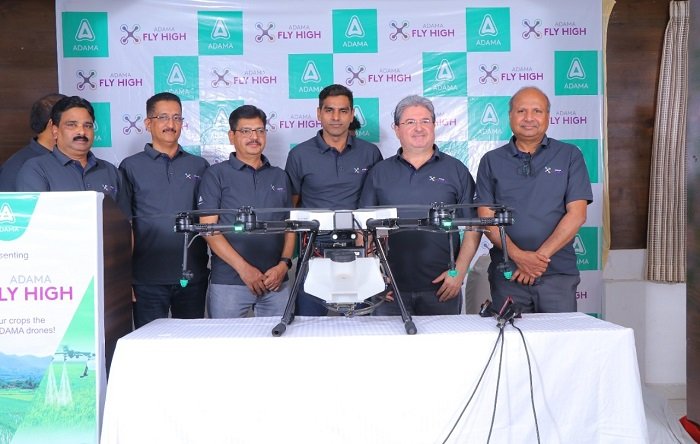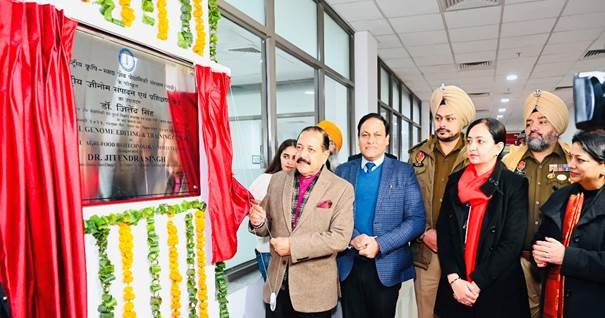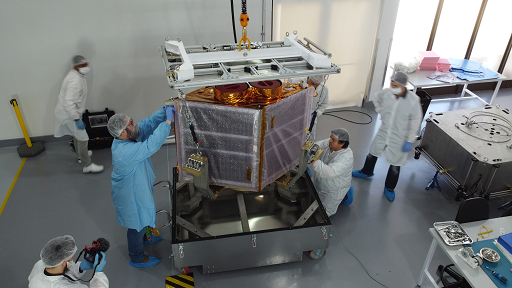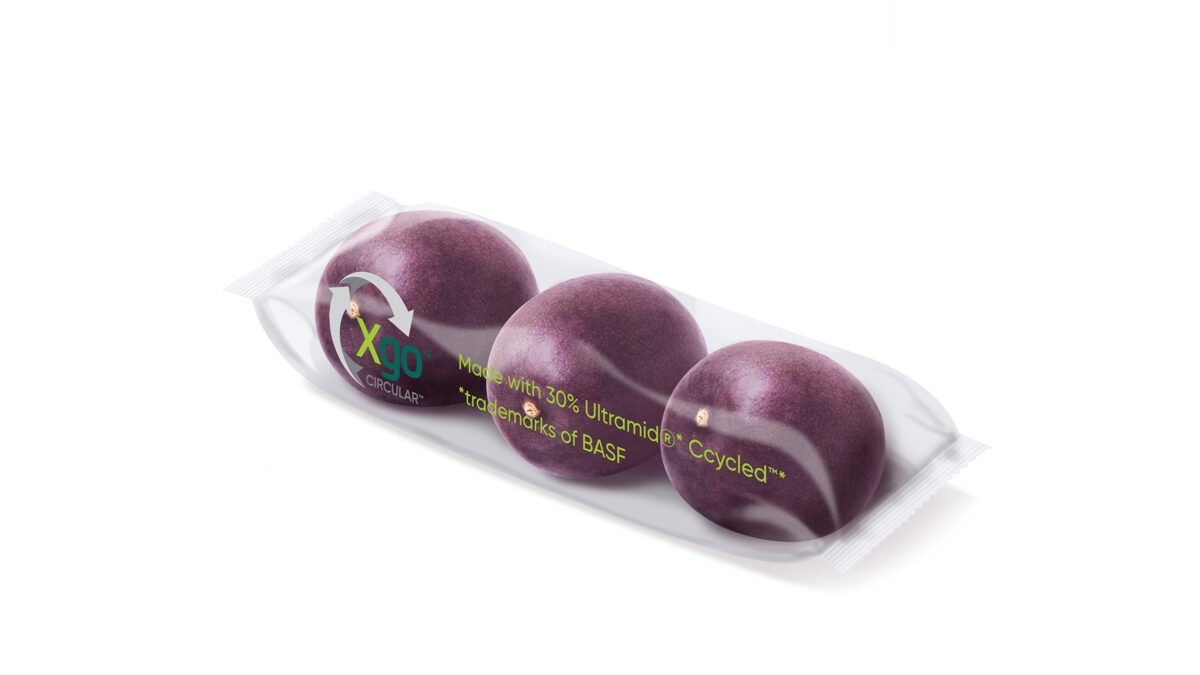Tomar inaugurates College of Agriculture in Arunachal Pradesh
It will give an impetus to the development of agricultural education and research in Arunachal Pradesh, along with other North-eastern states.
Union Minister of Agriculture & Farmers Welfare, Narendra Singh Tomar inaugurated Academic-cum-Administrative Building and Transit Hostel of the College of Agriculture under Central Agricultural University, (Imphal) at Pasighat, Arunachal Pradesh, in the presence of Pema Khandu, Chief Minister, Government of Arunachal Pradesh, Tapir Gao, Member of Parliament, Er Tage Taki, Minister for Agriculture, Horticulture, Dairy & Fisheries, Government of Arunachal Pradesh, Anupam Mishra, Vice Chancellor, Central Agricultural University, Imphal, Manipur and A K Tripathi, Dean, College of Agriculture, Pasighat, Arunachal Pradesh.
Speaking on the occasion, Tomar expressed hope that the new facilities would encourage and motivate the students to work harder. “Agriculture is the fastest growing sector in the country, and the Government of India is making continuous efforts to make farming much profitable. There will be no constraint of central funding for development of the agriculture sector,” he said, adding that “the setting up of this institute will give an impetus to the development of agricultural education and research in Arunachal Pradesh, along with other North-eastern states. There is unlimited potential for organic farming in the North-eastern states, for which the central government and the state government are working together. Giving importance to agriculture in bringing about development and security of livelihood in the Northeast, farming activities are being strengthened by agricultural education and research,” he said.
Pema Khandu, Chief Minister, Government of Arunachal Pradesh credited the central government “for uplifting the image of farmers from ‘poor’ to ‘proud entrepreneurs’ in a span of eight years with its farmer-centric flagship programmes.”Speaking at the function in College of Agriculture in East Siang district on Thursday, Khandu said that “many young entrepreneurs coming up to avail benefits of both central and state flagship programmes are keen to invest in agriculture and allied sectors.”
On this occasion, a two-day Kisan Mela was also organised wherein around 850 farmers attended the programme.
In the Mela, 20 stalls of public and private sectors showcased their technologies/products. A farmers-scientist interface was also held to get the feedback of farmers on the adoption of improved agricultural technologies of potato and tuber crop cultivation.
Rajesh Kumar, Director, ATARI, Guwahati, officials from 8 KVKs, ICAR Research Complex, Basar, Arunachal Pradesh, Assam Agricultural University, around 65 students, 30 line department officials participated in the Kisan Mela.
It will give an impetus to






